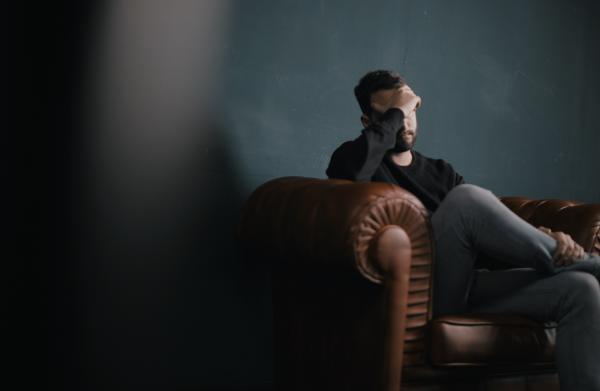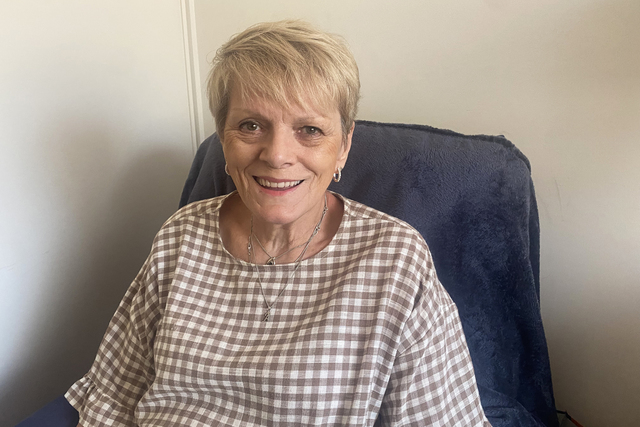Headspace in Sunshine is actively exploring alternative options for young people to be able to access more timely interventions.
The COVID-19 pandemic has taken its toll on the mental health of many, including young people who have had their lives turned upside down.
An increase in people seeking help has seen wait times for many services blow out.
headspace Sunshine’s clinical services manager Sasha Preece said one issue often raised was the long wait times is to access therapy through headspace under the Medicare Benefit Scheme.
She said this was a challenge nationally, not just at Sunshine.
“At Sunshine headspace our team of mental health clinicians respond to young people as promptly as possible to guide them through the many options available.
“We offer a range of support options for young people including a variety of brief and medium term therapy options, access to a world first online based therapy platform, a variety of groups, and weekly psychologically based classes.
“In addition, we offer support through our work and study team, peer and family support workers, health nurse, alcohol and drug workers and support for young people at risk of homelessness.
“There is also a nationally available e-therapy option through headspace conducting web based and phone support. Most of these services are accessible immediately or very quickly, whilst others might take a few weeks to access.”
Ms Preece said additional funding allocated by the federal government this year will hopefully allow for the expansion of headspace’s workforce to offer more therapy options, ensuring shorter wait times for young people.
She said they were keen to hear from any registered mental health clinicians who would like to work for them to get in contact.
“We at Sunshine headspace remain committed to playing our part in supporting the young people and families in Melbourne’s west, to receive the assistance they need when they need it,” she said.
“Orygen [who oversee headspace] executive director, Professor Pat McGorry, has been quoted as stating that there is significant impact on the mental health and wellbeing of young people as a result of the pandemic and this is reflected in higher numbers of young people in significant distress at emergency departments and higher numbers of young people needing assistance through services like ours.”







